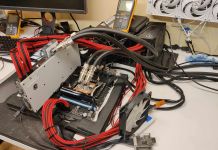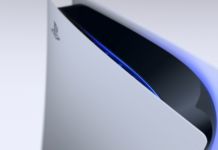There are many ways to incresae the storage density with storage media and the one we bump into most frequently at the moment is perpendicular recording that has become a great lift for the harddrive market. Among others we’ve seen Seagate launch a new 750GB harddrive with the help of perpendicular recording. However, this is just crumbles compared to what a professor at Drexel University has concluded. Dr. Jonathan Spanier has namely found an incredibly efficient way to increase the storage density; add water!
Explaining the process is somewhat harder, but in short they’ve concluded that by using water to shield the ferroelectric wires, which have a diameter at less than 10 atoms. That’s 100 000 times thinner than a human hair making it possible to store tons of data on a very small surface.
If they would be able to make this invention work commercially you would according to Jonathan Spanier be able to create a memory that can store 12.8 Petabyte (12.8 million gigabyte) on 1 square centimeter.
”If commercialized, ferroelectric memory of this sort could find its way into home computers, rendering traditional hard-drives obsolete. The extreme capacity offered by such a device could easily put a room full of hard-drives and servers into a jacket pocket, but this idea can be applied to other computer components, such as ferroelectric RAM.”
Ferroelectric RAM would be one possibility and while regular RAM lose its information the same moment the power goes off ferroelectric RAM can keep the data permanently.
The possibilities with this technology sounds like pure fantasy and at this time we are far from any working circuits, but it’s going to be interesting to see what Dr. Jonathan Spanier can do as his work would truly revolutionize the computer industry.




















Leave a Reply